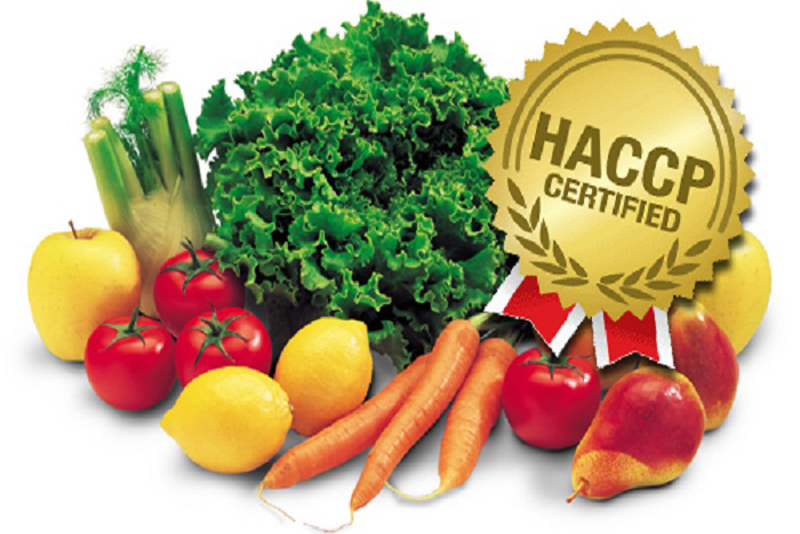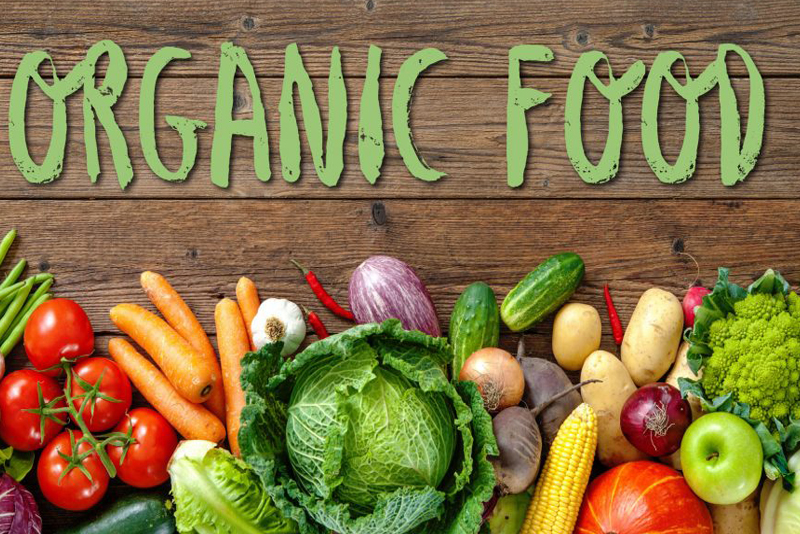Innovative solutions to move your business forward

ISO 9001:2015 (Quality Management System)
The standards provide guidance and tools for companies and organizations who want to ensure that their products and services consistently meet customer's requirements, and that quality is consistently improved.

ISO 14001:2015 (Environmental Management System)
ISO 14001 is an international standard developed by the International Organization for Standardization (ISO) through dedicated technical committees representing approximately 173 countries around the world. Its purpose is to enable an organization of any type or size to develop and implement a policy committing it to prevention of pollution, compliance with legal and other requirements, and continual improvement.

ISO 45001:2018 (Occupational Health & Safety Management System)
ISO 45001:2018 specifies requirements for an occupational health and safety (OH&S) management system. ISO 45001:2018 enables an organization, through its OH&S management system, to integrate other aspects of health and safety, such as worker wellness/well being.

ISO 22000:2018 (Food Safety Management System)
Food and drink industry ISO 22000 specifies requirements for a food safety management system where an organization in the food chain needs to demonstrate its ability to control food safety hazards in order to ensure that food is safe at the time of human consumption. ISO 22000 specifies requirements to enable an organization to plan, implement, operate, maintain and update a food safety management system.





